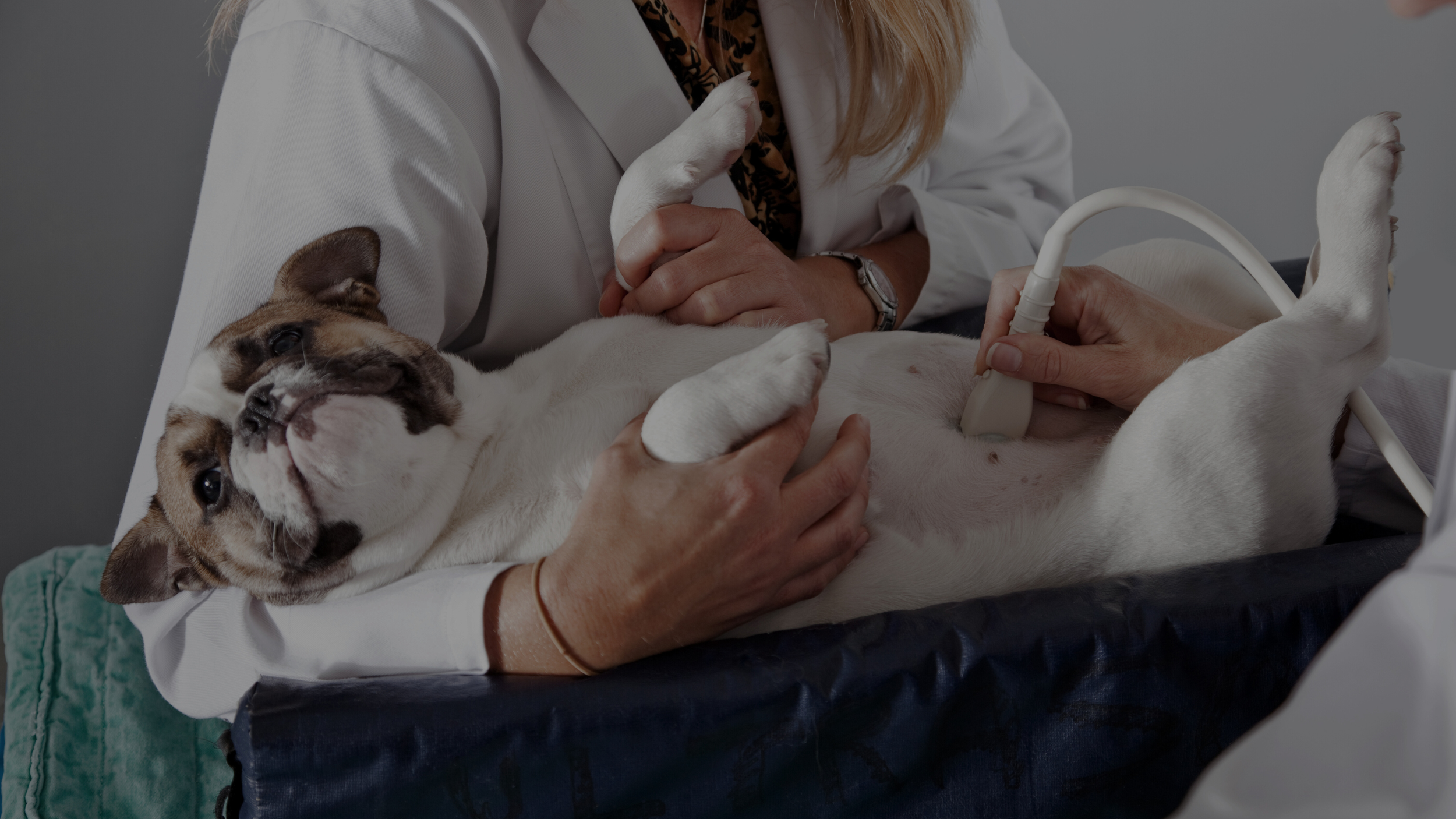
Outpatient Ultrasound
5000 Bridgeport Way in University Place
What is Ultrasound?
Ultrasound, or ultrasonography, offers a non-invasive peek into your pet's internal organs by capturing echoes or reflections of ultrasonic waves. Our advanced ultrasound equipment emits high-frequency sound waves directed precisely into the area of focus. These waves interact with tissues, either passing through, reflecting, or being absorbed. Notably, ultrasound is effective for examining body regions and organs devoid of bone or air, as these substances hinder the waves.
Why Choose Ultrasound?
Ultrasound surpasses radiography (x-rays) in assessing abdominal organ abnormalities, soft tissue issues, fluid accumulation, heart conditions, and more. Moreover, it aids in guiding needle placements for sample collection, ensuring safety.
When Might Your Pet Need Ultrasound?
Your veterinarian may recommend ultrasound for various reasons, including:
Unexplained weight loss
Persistent gastrointestinal issues
Abdominal abnormalities
Fluid buildup detection
Abnormal blood work interpretation
Chronic infections
Urinary irregularities
Heart concerns
Tendon or ligament injuries
Pre-surgical evaluation
Geriatric screening
What to Expect at Your Pet's Appointment
Preparation begins at home, with fasting strongly recommended for abdominal ultrasounds to optimize imaging quality. Additionally, we typically recommend your pet may receive an anti-anxiety medication, as directed by the requesting veterinarian. We also recommend if possible your pet does not urinate within two hours before the appointment to enable best visualization of the urinary bladder. During the visit, our team of experienced radiologists and sonographers will conduct a review of your pet's pertinent medical history and perform a brief limited physical examination.
Although the ultrasound procedure is painless, achieving relaxation is vital for clear images, which is why anti-anxiety medicine is recommended, some pets however require further sedation to ensure adequate imaging and patient comfort.
Your pet will be shaved for this procedure. Clipping the fur over the examination area and applying gel facilitate optimal ultrasound probe contact, enhancing image clarity.
Post-Ultrasound Steps
Depending on findings, additional blood tests or sample collections such as fine needle aspirate (FNA) may be recommended. Results are typically available within days.
An ultrasound appointment typically lasts 60 to 90 minutes, with results promptly shared with your primary care veterinarian post-appointment. A Radiologist or Veterinary Nurse will review preliminary findings with you. We recommend that your primary care veterinarian review the final results of ultrasound with you and provide recommendations for further care.
Have any questions? Our team is here to help! Email us at support@ssvetimaging.com or text/call us at 360-523-2650

